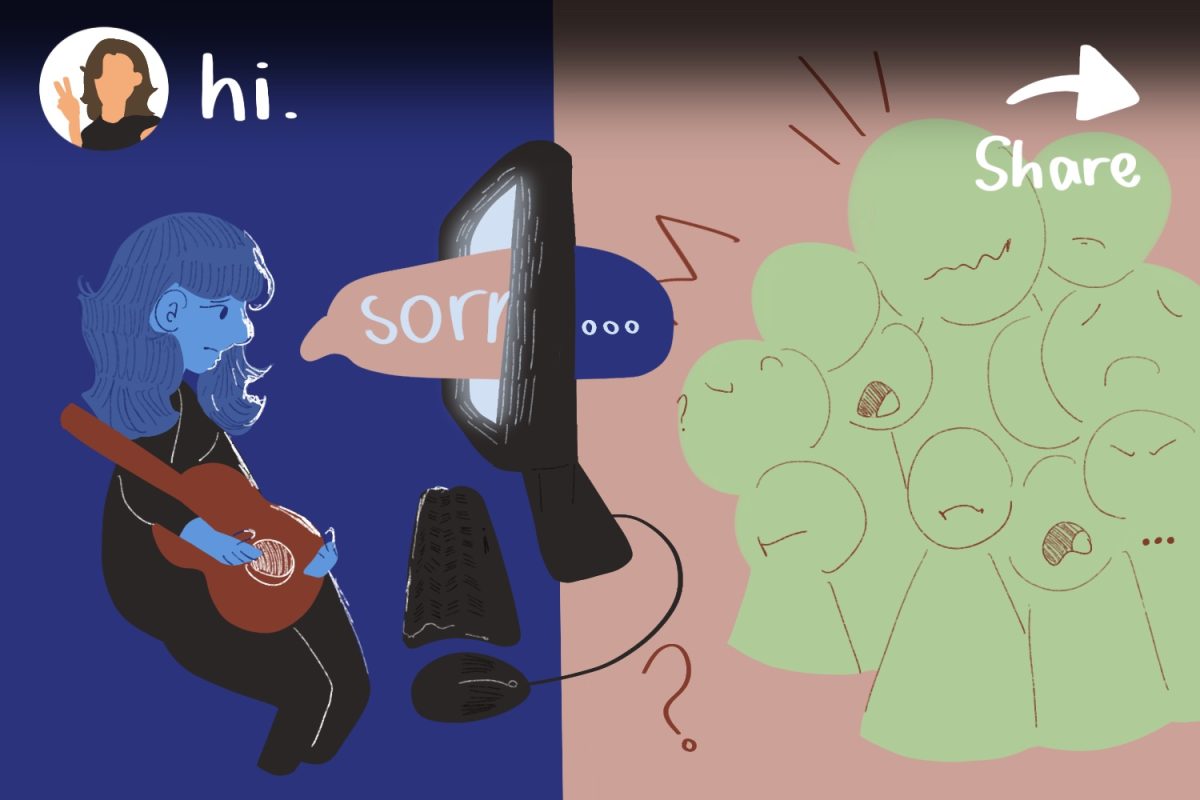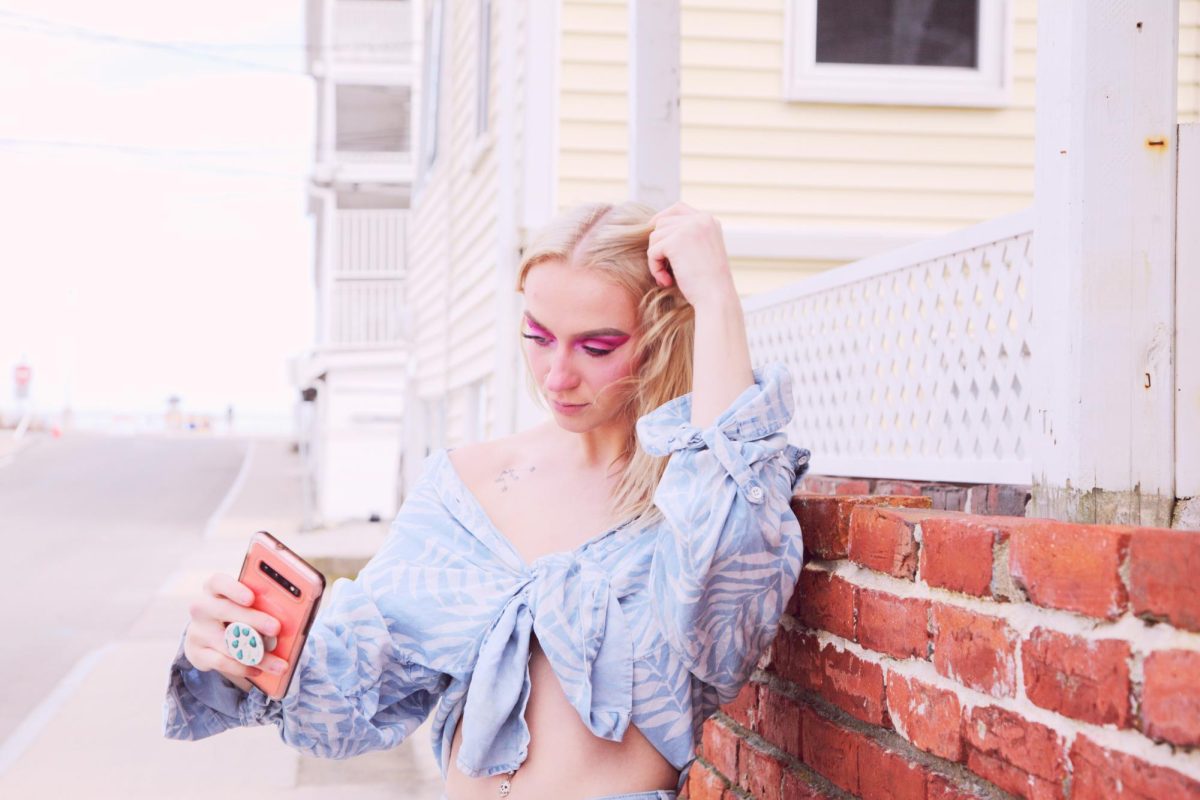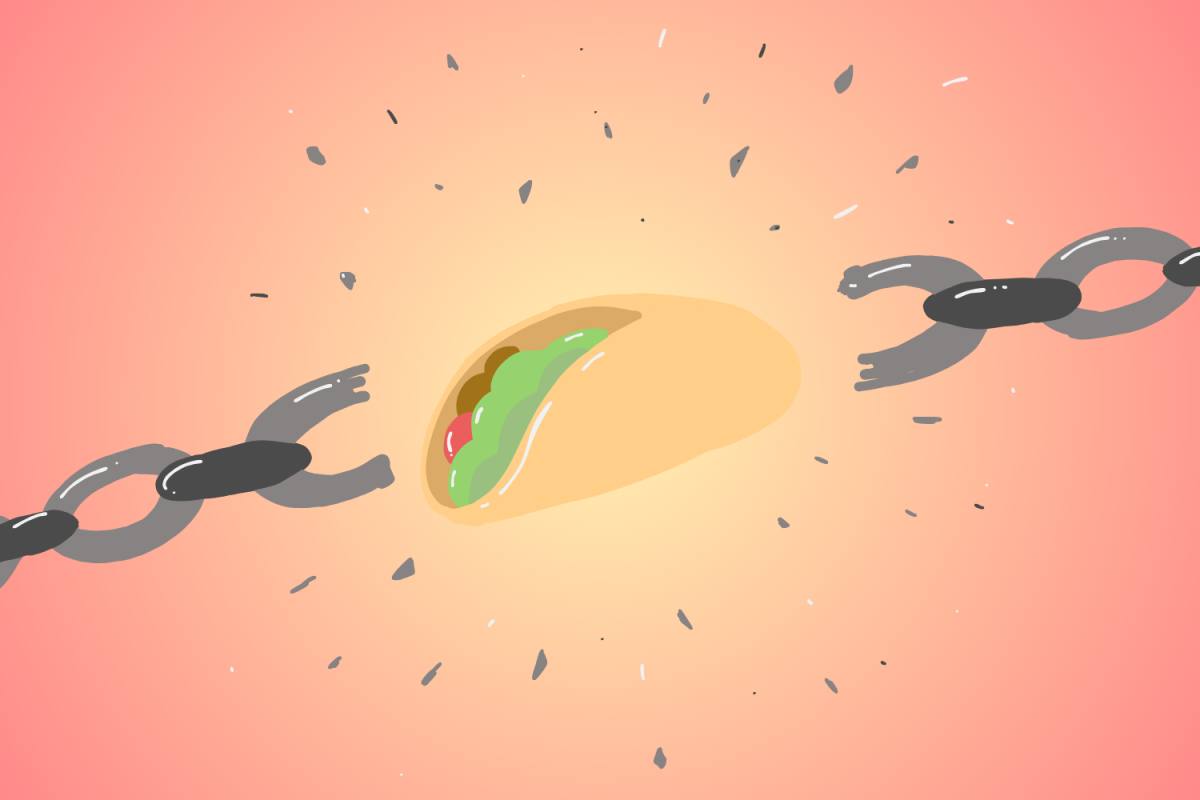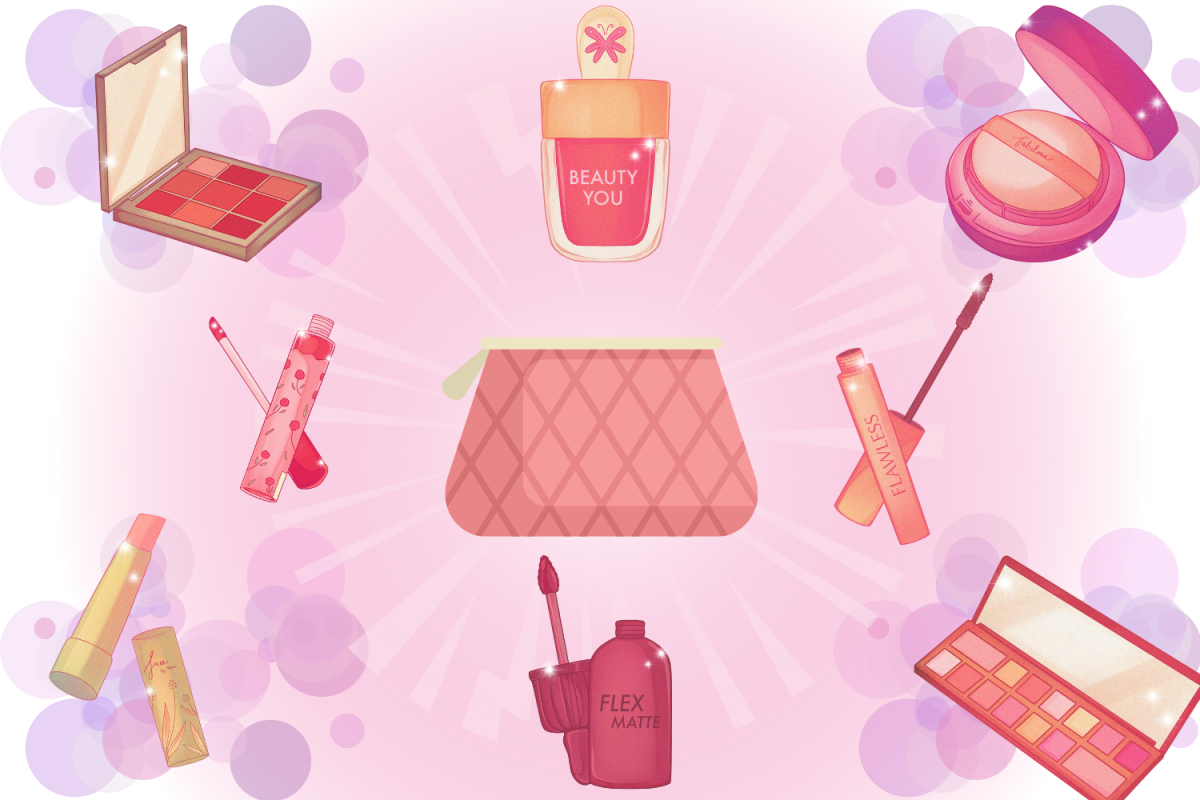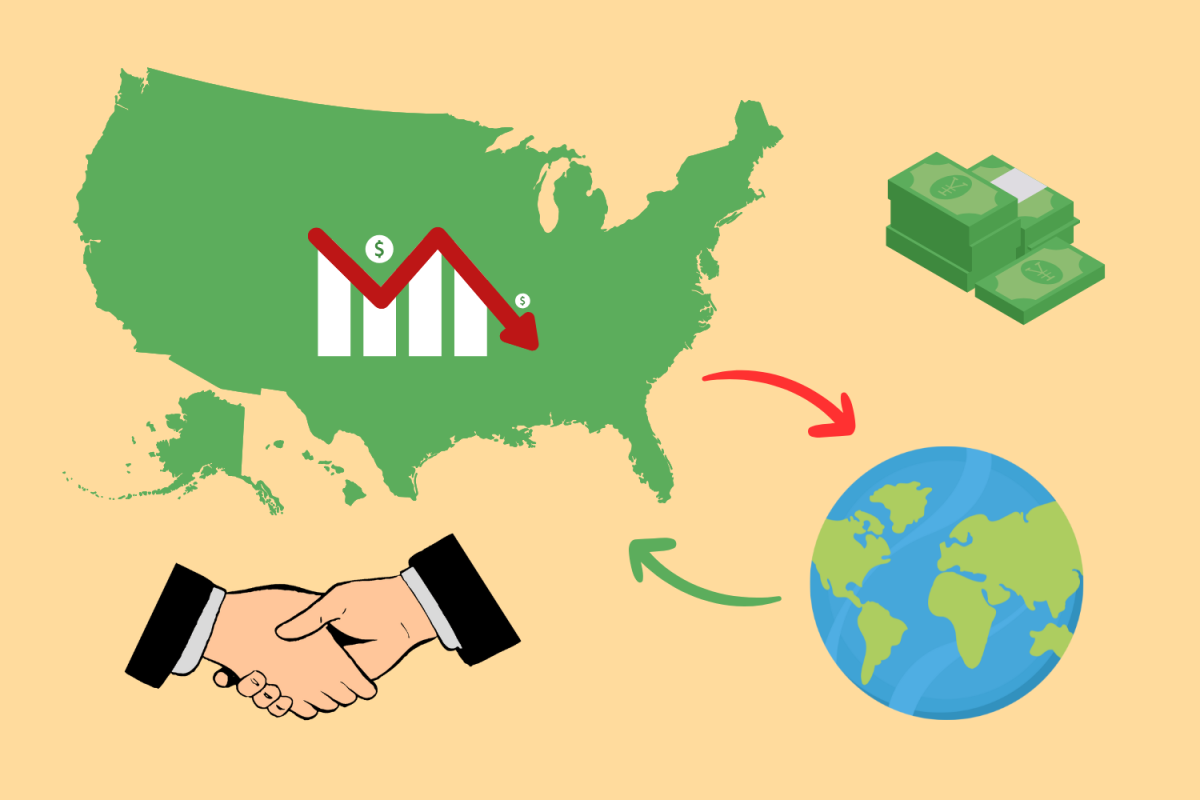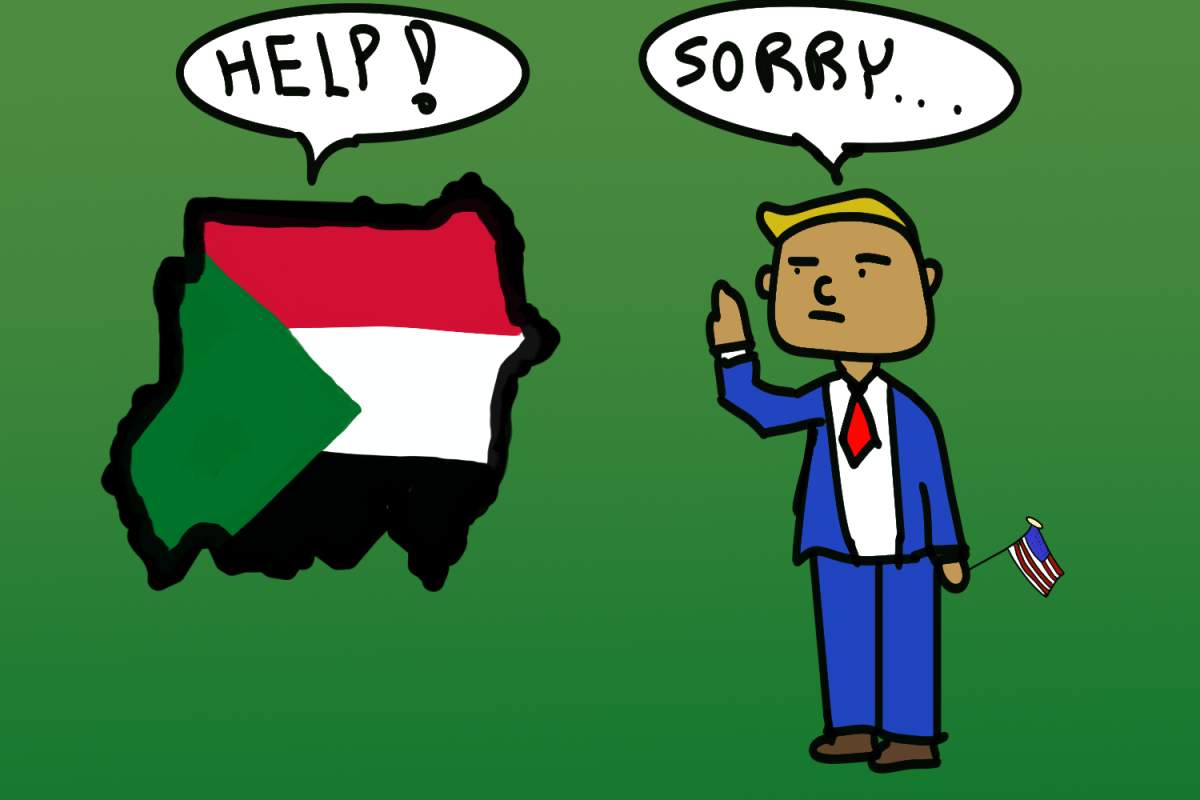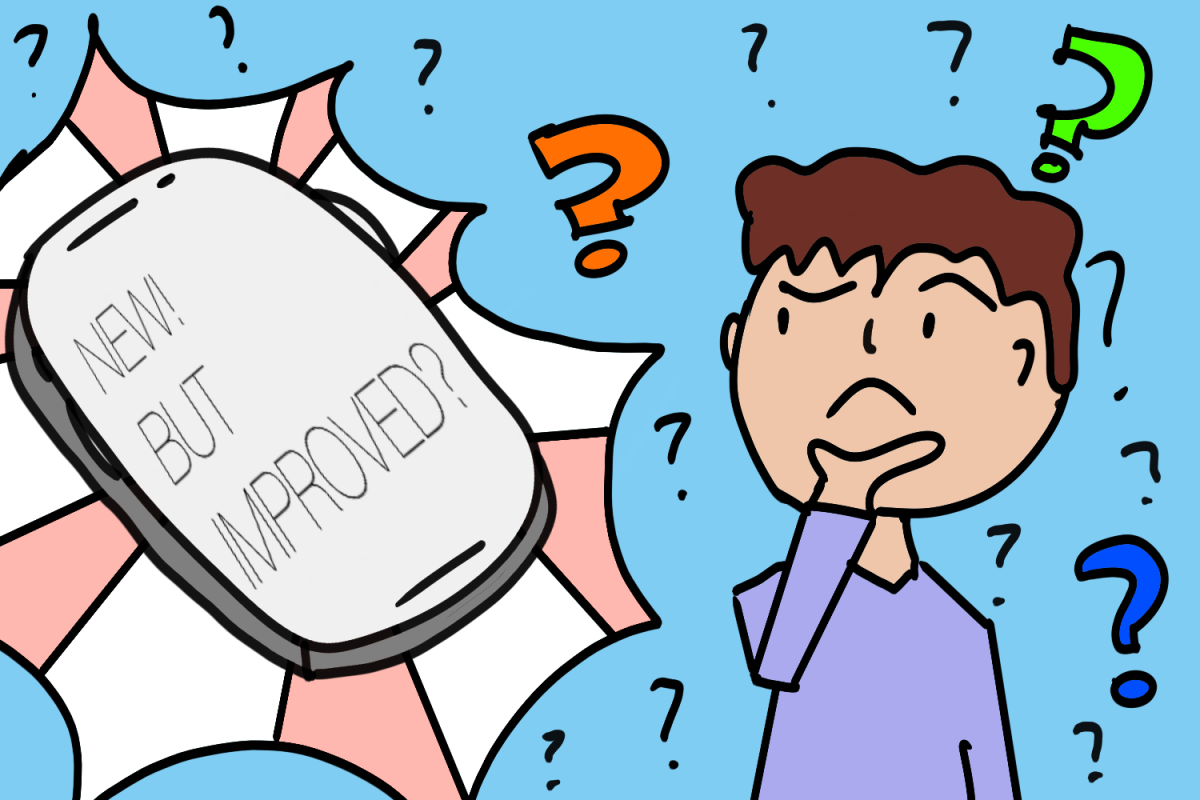“Hey guys, I decided to come on here and sit down to address everything that’s been going on right now.”
Video after video, we’ve seen it all; a celebrity gets themselves into a scandal, they get canceled, they film an apology in tears, and within a matter of weeks, a new controversy arises, and many move on from the preceding scandals. In today’s digital society, where social media heavily influences pop culture, these sloven “sorries” seem indispensable, but do these apologies really resolve the initial issues?
Upon pressing record, these celebrities, such as YouTube stars Logan Paul and Laura Lee, are often dressed casually, appearing without makeup and wearing a grim expression, hoping to give off an implicit sense of vulnerability and anguish from these details. Many of the videos have straightforward captions like “So Sorry” or “My Response”; some may even include the topic of the wrongdoing.
The general pattern goes like this: the length of the videos ranges from a couple of minutes to around an hour, with minimal cuts and several breakdowns in between. A lot of the apologies tend to summarize the issue, acknowledging “misunderstandings” that might have happened along the way that led up to the scandal. They end with a final “sorry for their actions” and promise not to repeat those mistakes.
Although some of these apologies are filled with genuine sorrow and regret, a handful of influencers take a different path, attacking the public or those involved in the conflict.
One in particular that sparked major controversy was Colleen Ballinger’s infamous sing-a-long apology in June. Ballinger was a YouTube star, more commonly known as her internet personality, Miranda Sings. She stirred up trouble for a multitude of reasons, including grooming allegations and racism. Instead of taking accountability for her actions, she grabbed her ukelele and musically expressed her thoughts, claiming that while viewers painted her as a villain, in reality she was just a “loser” who had her words twisted by the public. Rather than an apology, Ballinger chose to respond to accusations in a shallow manner, proving that she herself didn’t take the situation seriously.
Regardless of the approach they take to address their allegations, the majority of the time, these influencers don’t learn from their actions and tend to make similar, if not the same, issues once more.
A celebrity that may come to mind is YouTube beauty guru James Charles, who gained over 20 million subscribers from his colorful makeup tutorials. In Jan. 2021, Charles was bashed for defending two TikTok influencers who were allegedly grooming underaged boys. Not long after, he publicized his solidarity for the victims on Twitter as an apology for his prior wrongdoings. However, in Feb. 2021, a 16-year-old came forward and revealed that Charles had been inappropriately messaging him. Charles fought back, claiming that the teenager lied about his age and initiated the conversations. Despite his reasoning, later that month, three other underaged boys shared evidence of similar experiences with Charles. Despite the image Charles was putting on, appearing as an advocate to these grooming victims, behind the screen, he was doing exactly what he spoke against.
From those incidents alone, it’s clearly established that no matter the apology, these celebrities aren’t actually putting in the effort to change their ways. Even despite Ballinger and Charles being two of the most well-known YouTube stars of this generation, they obviously don’t feel a need to fix their actions. While many mistakes inevitably lead to long-lasting consequences, these affluent influencers seem to be the exception.
A possible explanation may have to do with the level of fame the celebrity has. Influencers who already have made a name for themselves in the entertainment, beauty, or fashion industries tend to get away from their mistakes; ultimately, the same people behind the backlash would most likely invest in tickets for their next film or buy their latest makeup line. Therefore, celebrities with bigger platforms tend to get away with scandals more easily as opposed to a rising influencer.
Moreover, “cancel culture,” referring to the action of mass public disapproval because of a morally/socially unaccepted view from a particular group of people or person, has been a debate that has formulated over the years that may have led to the hasty, remissive apologies that are made. Although every now and then, the individuals that fall victim to being “canceled” are rightfully targeted, because of how frequent celebrities get “canceled”, it leads to a shared fear of crushed careers. As a result, these celebrities aren’t spending the time to reflect on their mistakes and instead worry about how scandals will affect their subscribers and fame.
In reality, these celebrities aren’t taking responsibility because we, as consumers, are enabling them to do so. In a society built off of relevancy and microtrends, scandals being brought up months after the initial occurrence comes off as boring, repetitive, and irrelevant to viewers. Although this idea doesn’t excuse influencers, it certainly provides a discernible cause of the false assurance obtained by the public from these surface-level apology videos. All in all, these apology videos are quite literally useless and aren’t the solution to resolving scandals because many celebrities don’t change their ways.
Design courtesy of CAITLYN CHAU

